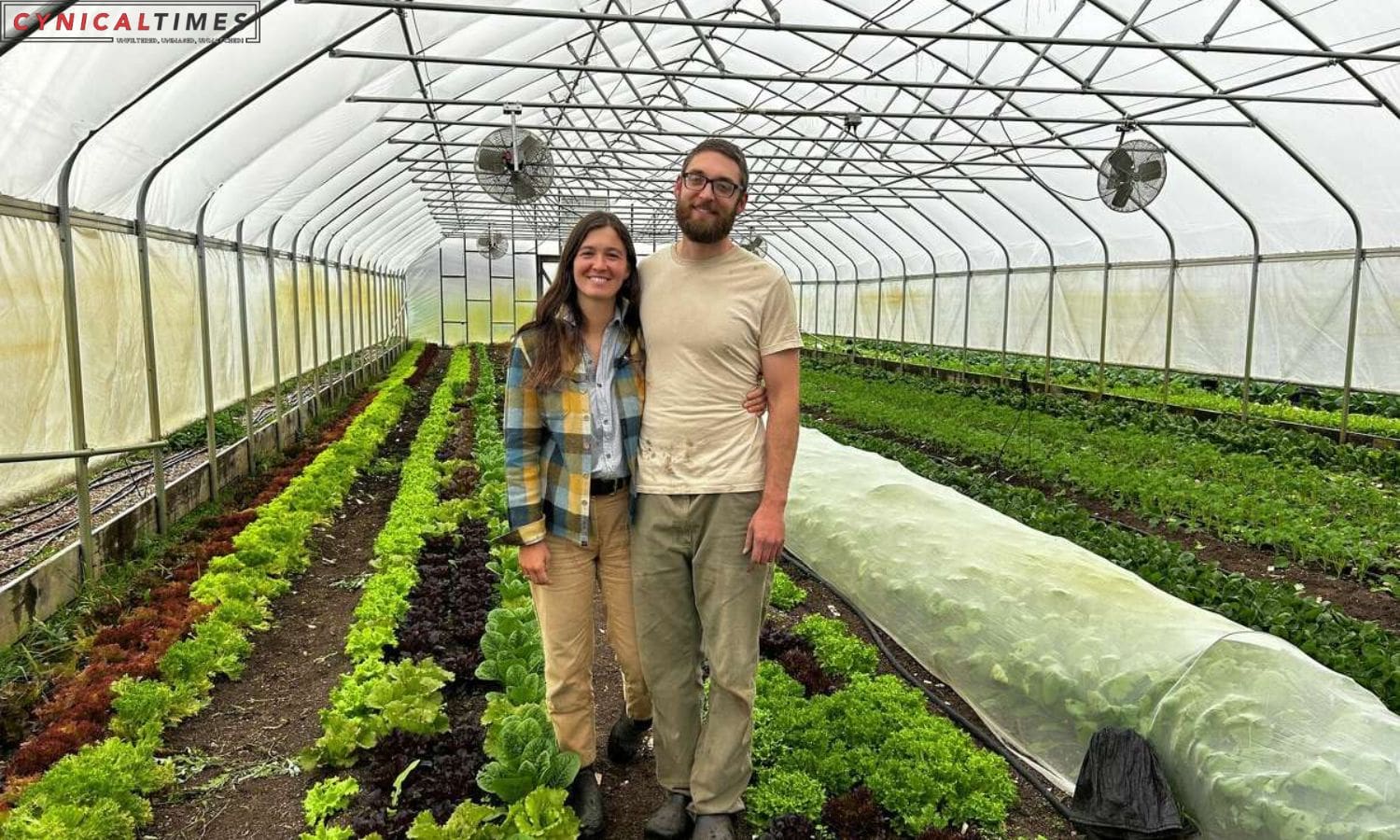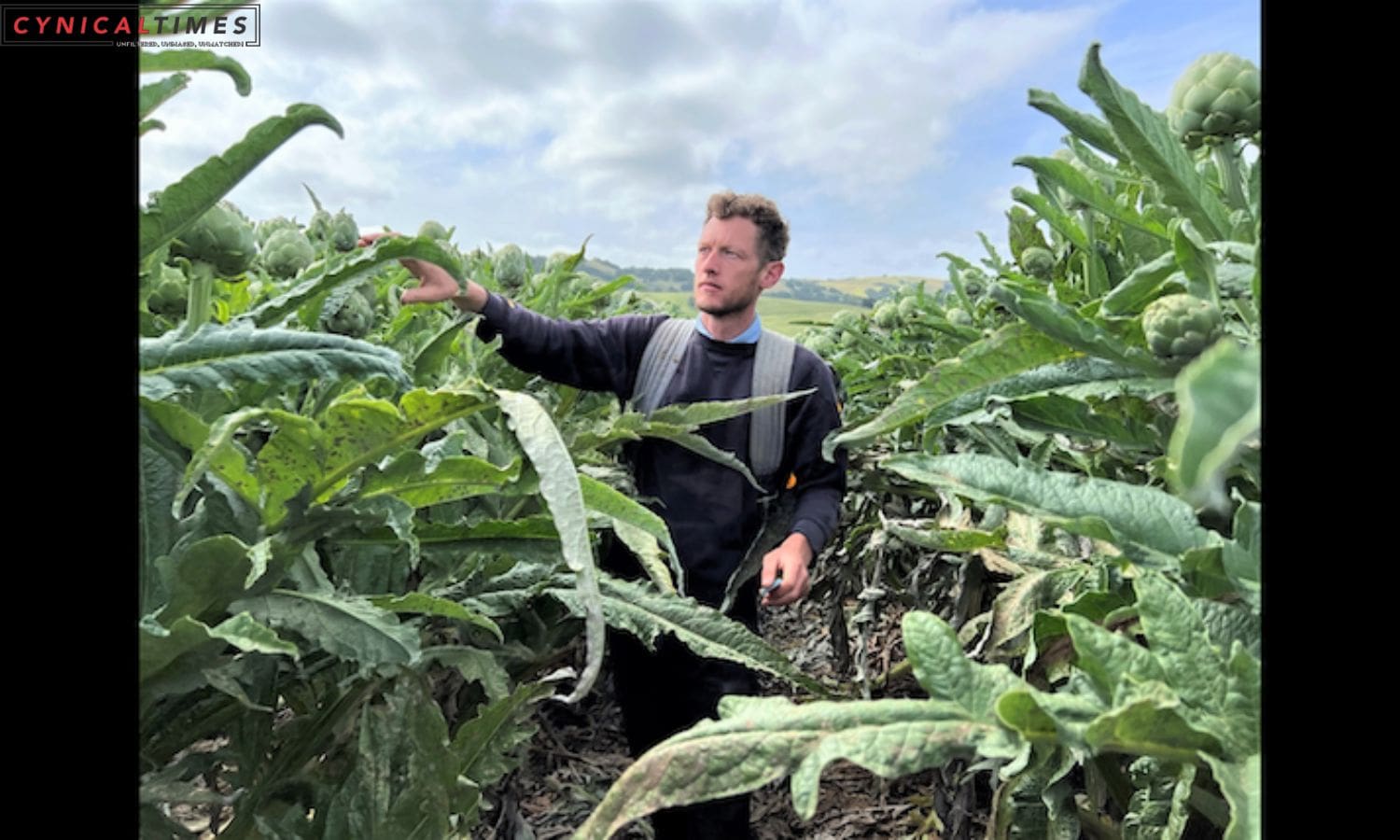Spade and Plow Cultivating Hope: In the picturesque foothills east of Highway 101, a testament to hard work and a pioneering spirit thrives in the form of Spade & Plow. This family-owned operation, led by the Thorps, has firmly rooted itself in the historic soil of a 107-acre farmstead—a cradle of organic farming in California. However, as land prices soar in Silicon Valley, farming has evolved into an act of defiance, supported by Santa Clara County’s innovative Agricultural Resilience Incentive (ARI) Grant Program.
In the face of climate change, the Thorps, having secured $25,500 from the ARI program, are not merely cultivating crops; they are planting the seeds of hope. Sam Thorp expressed the significance of the financial support, stating, “It shows the farmers that the County hears you, and you’re not in this alone, and they care about you as a farmer and the long-term success of agriculture in the valley.”


Also Read:Fatal Fentanyl Tragedy Unfolds: Parents Face Unprecedented Murder Charges
The groundbreaking ARI Grant Program allocates up to $30,000 to farmers for eco-smart practices, such as compost and mulch application, aimed at enhancing soil health and carbon capture. The Thorps have invested their grant in compost and cover crops, fostering a life cycle that replenishes the earth. Julie Morris, an agricultural liaison with the County for UC Cooperative Extension, highlighted the program’s ecological aspirations, emphasizing a model of biodiversity, wildlife habitat creation, and sustainable water management.
According to Joe Deviney, the county’s Agricultural Commissioner, Spade & Plow stands as a model of sustainable, community-focused farming. He commended the county’s commitment to supporting small farmers through the innovative grant program, stating, “I’m delighted the County is using these grants to help small farmers improve their land and solve our climate problem, which grows more urgent by the day.”
Spade & Plow, with its upcoming farm stand and diverse crop list ranging from heirloom apricots to an array of vegetables and vibrant flowers, transcends conventional agriculture. The Thorps’ stewardship becomes a beacon of sustainability, illustrating that, amidst the green expanse, hope and resilience can flourish.

